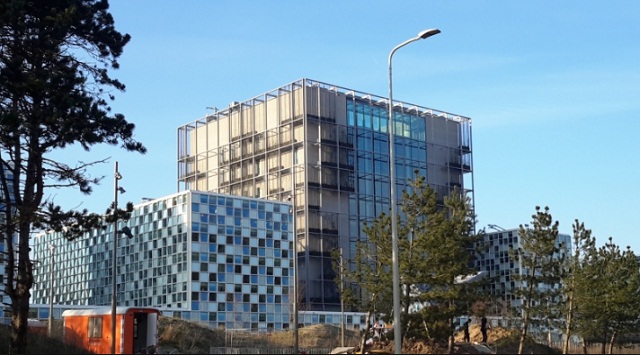
– Scapegoat? –
The judges will also decide Friday on the number of victims entitled to reparations.
Estimates vary, but some say up to 3,000 children may have been recruited into Lubanga’s militia.
But Lubanga’s lawyer, Jean-Marie Biju-Duval, argues that his client should not pay anything.
He says that it would be difficult to identify victims and that any payouts risked reviving tensions in Ituri, which has been “overwhelmed by the phenomenon of child soldiers”.
Lubanga risked becoming “a scapegoat” for all child soldiers, Biju-Duval said.
The Trust Fund for Victims, which administers the ICC reparations, has proposed a three-year plan and set aside one million euros ($1.2 million) for projects aimed at “reconciling the victims with their families and affected communities”.
Lubanga’s is the third reparations case to be decided at the ICC. In March, judges awarded $250 each to 297 victims of another Congolese warlord, Germain Katanga.
And in August, the court ruled that a Malian jihadist had caused 2.7 million euros in damage when he destroyed several shrines in Timbuktu in 2012.
But Liesbeth Zegveld, a legal expert who directs the War Reparations Centre at the University of Amsterdam, questioned how effective collective reparations could be.
“If you look at the applicants, almost all of them are after individual reparations,” she told AFP.
“At the end of the day, that’s what is going to empower them. They can decide for themselves about their lives, rather than being dependent on some decision-maker far away.”
 The Independent Uganda: You get the Truth we Pay the Price
The Independent Uganda: You get the Truth we Pay the Price





